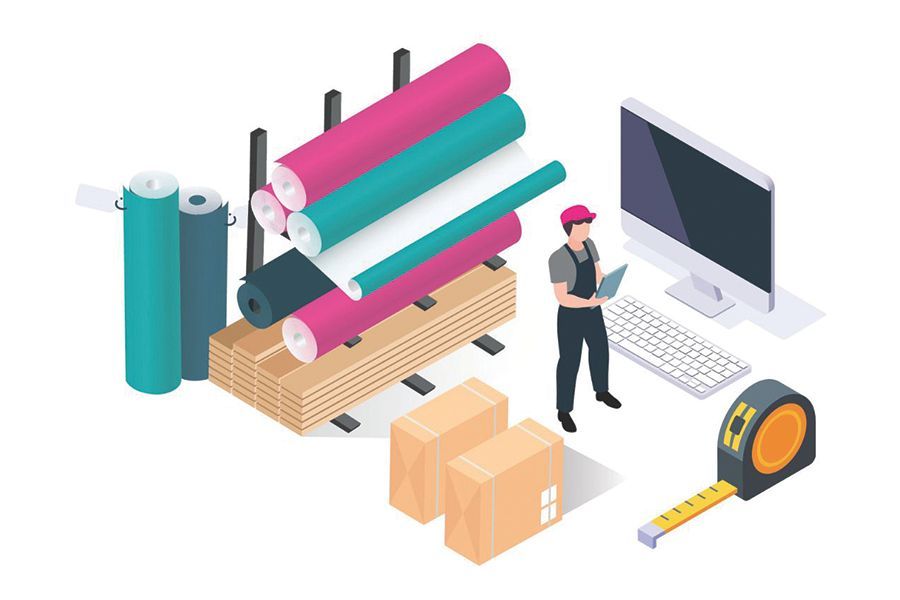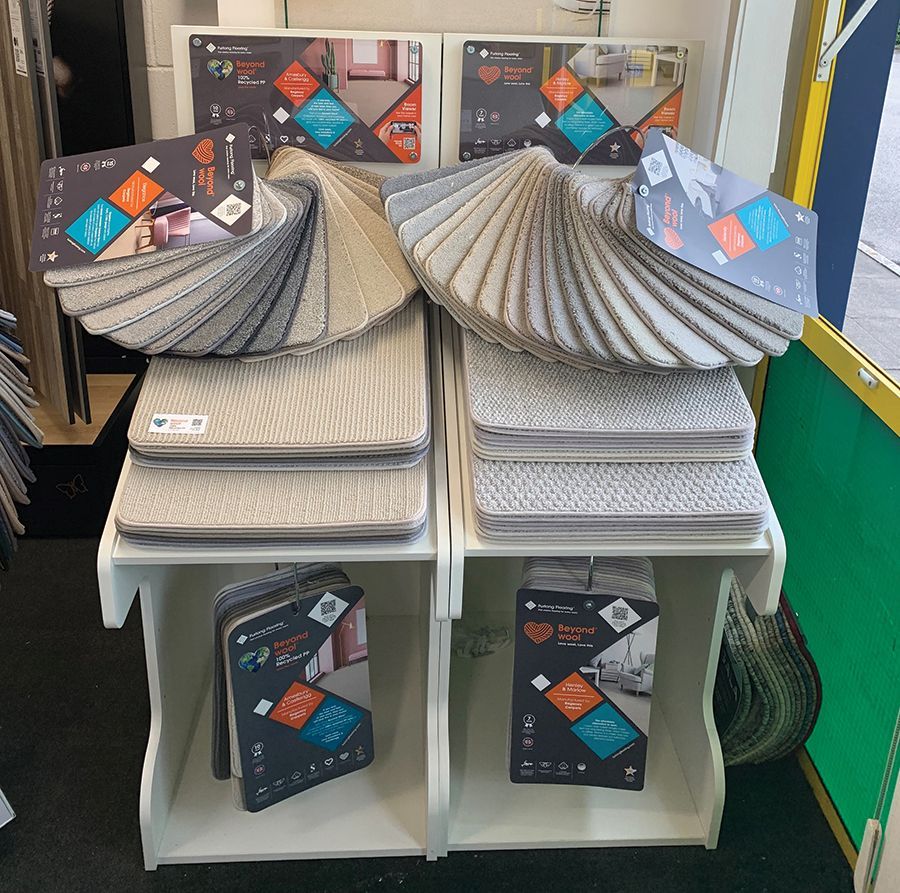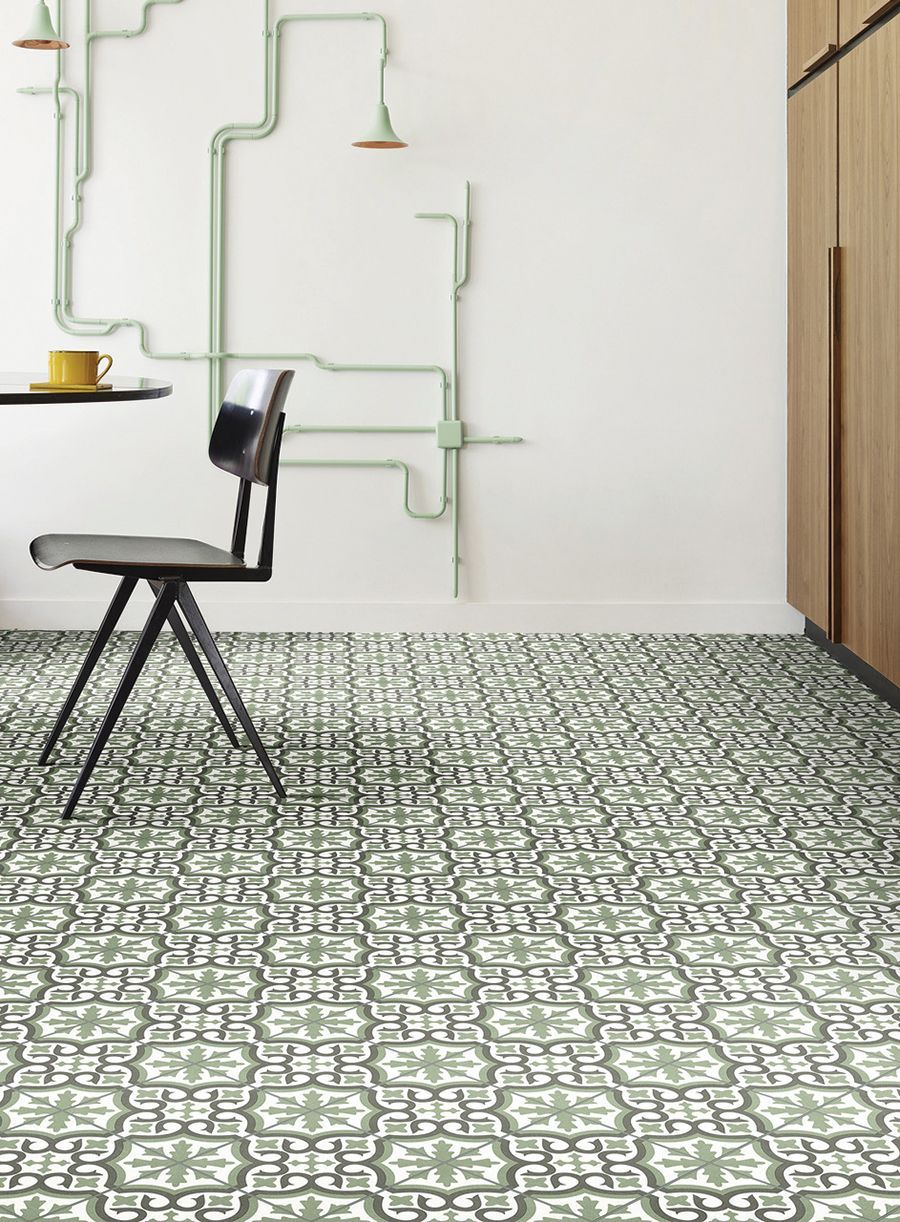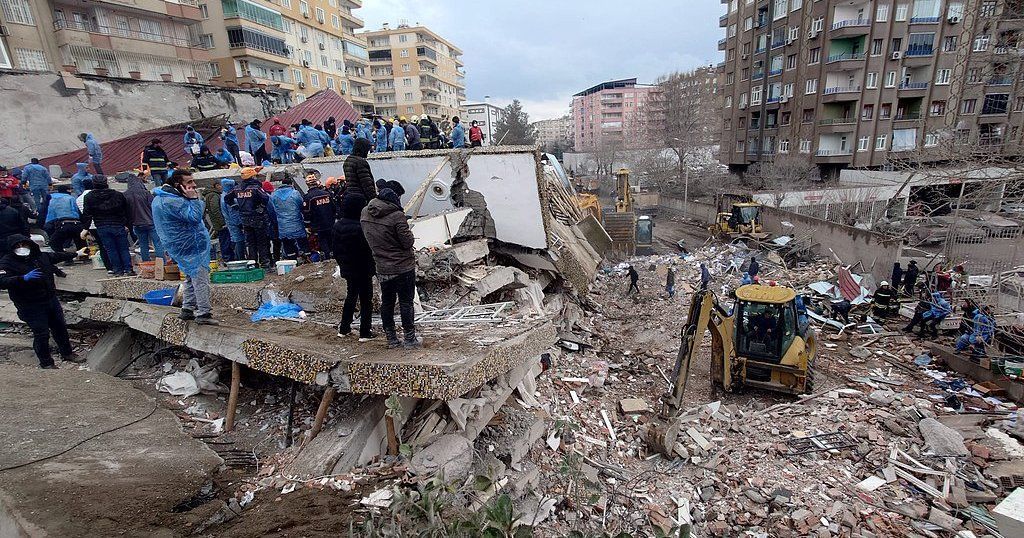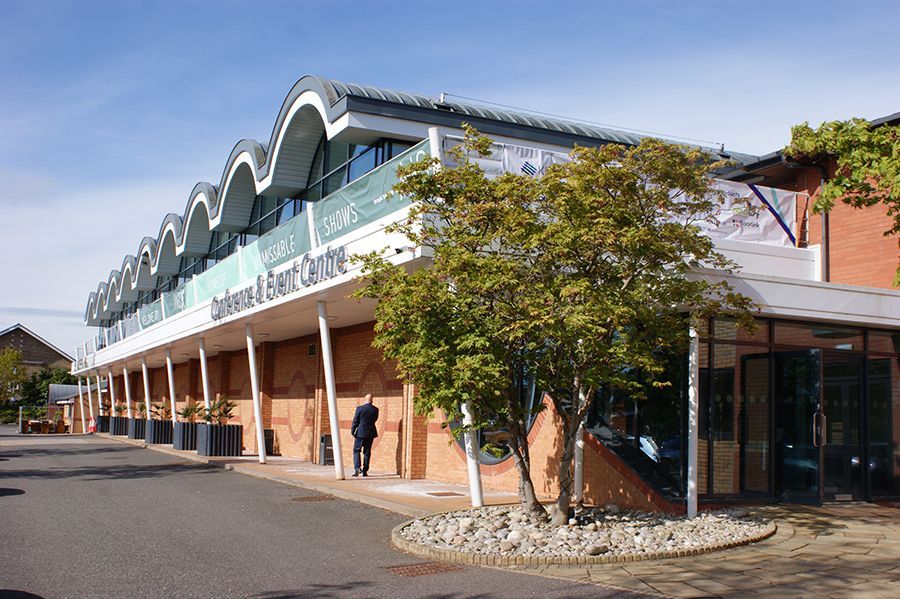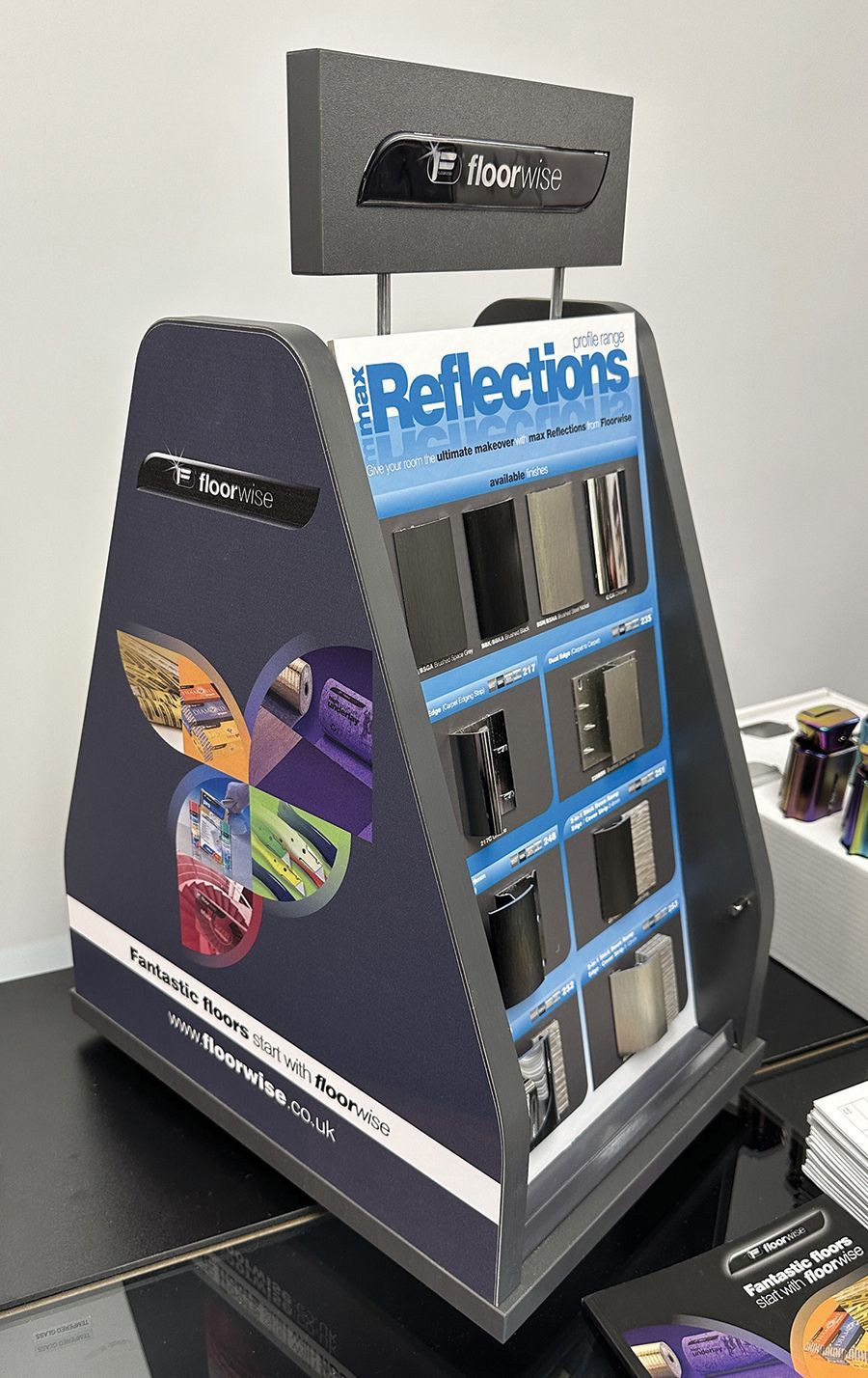'Silent' textile factories of Turkey's earthquake disaster
Manufacturers and suppliers in Europe are bracing themselves for a shortfall in synthetic fibre and finished goods after February’s devasting earthquake in Turkey claimed some 60,000 lives and severely damaged industrial infrastructure.
The epicentre of the quake near Gaziantep in southern Turkey is in the heart of the country’s textile sector with a major producers of polypropylene, polyester and especially PET recycled fibre, a business that exports nearly £3 billion internationally and has the UK as one of its top 5 importers.
The immediate effects have been mitigated by logistics as containers were already on the water to Europe and the UK but towards the end of March, the shortfall will start to bite. Carpet manufacturers have been in a race to secure alternative sources and reassured customers that everything is being done to avoid supply interrruptions.
Many finished goods factories for rugs and carpets have been destroyed. Some of the key fibre plants are more modern and have survived the disaster but many of their employees have lost their lives, power supplies have been cut off and access to ports has been very severely disrupted.
Istanbul journalist Yasemin Salih reported: “In Kahramanmaras, the epicenter of the disaster of the century, the machines that produce yarn for the whole world are silent. Most of the factories, which employ 155,000 textile workers and are home to some of Turkey’s best spinners, have been destroyed.”
The area around Kahramanmaras exports over £1 billion annually of carpets and yarn. Fatih Mehmet Zülkadirosu heads the region’s Teco Textil engineering that supports yarn manufacturers says that 30-35 percent of the spinning machines in the region have become unusable, and that 15-20 percent of them will be scrapped.
“We have surveyed the region,” says Fatih. “The damage is very big. Buildings have collapsed, and the machines in those that have not collapsed have become unusable.”
Ironically, Government incentives during the pandemic mean that many new machines are on order for suppliers in the region but Fatih points out: “Some of the new machines were due to arrive this year. This is an advantage, but more earthquakes are expected. A spinning machine costs 10-20 million euros, and owners are afraid to put them inside buildings.”
The region around Istanbul in the west of Turkey is the second largest production hub for floorcovering textiles and is largely unaffected
by the disaster.
Support the Disaster Emergency Committee’s Appeal:
https://donation.dec.org.uk/turkey-syria-earthquake-appeal/
e.
